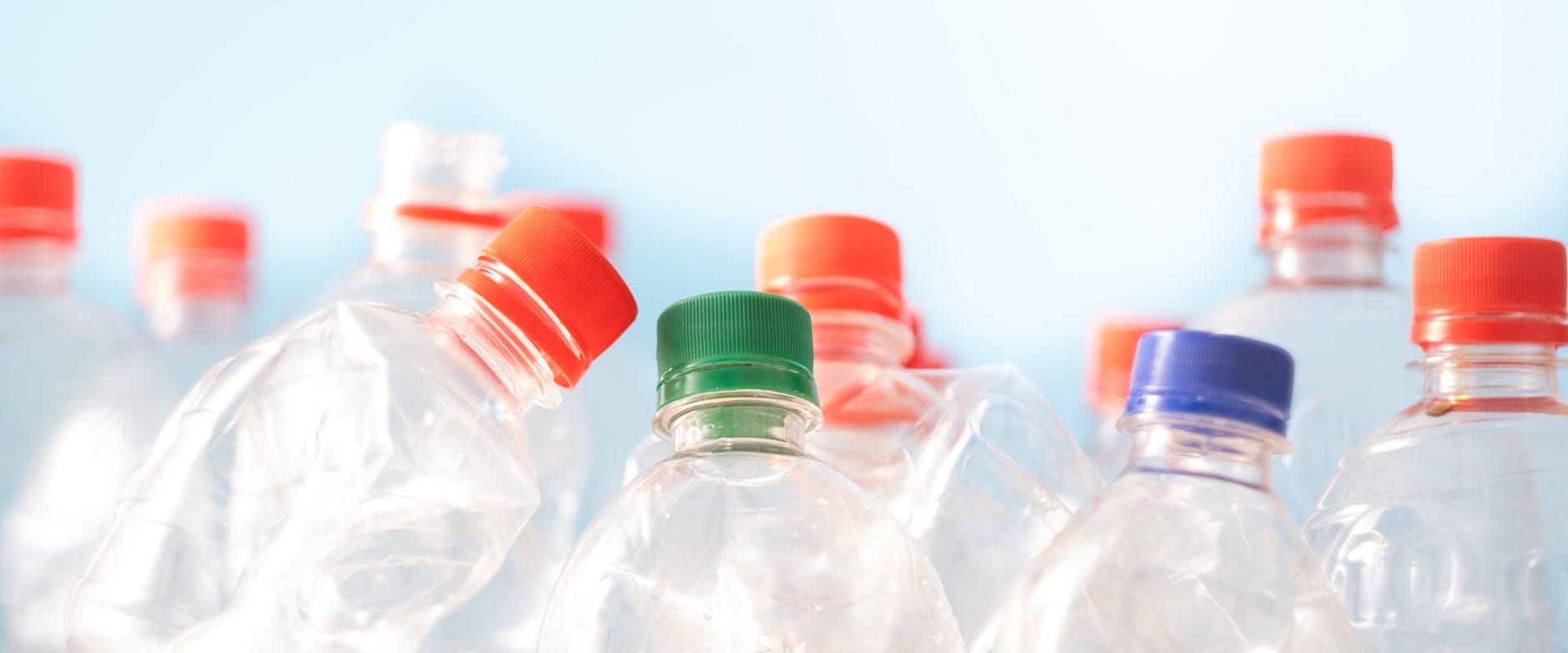The student-managed Steven Tarrson Impact Investment Fund at Chicago Booth’s Rustandy Center for Social Sector Innovation is proud to announce its investment in Kadeya - the world’s first closed-loop vending kiosk. Kadeya is on a mission to tackle the $40 billion single-use plastic water bottle problem with an innovative sustainable hydration solution.
The Tarrson Fund, one of the largest student-run impact investment funds in the country, provides critical catalytic capital to early-stage mission-driven companies. Booth MBA students drive the entire investment life cycle, from sourcing deals and pitching to performing impact and financial diligence and making investment decisions.
Kadeya is the Tarrson Fund’s second investment. In 2022, the fund invested in Harvest Thermal, which uses novel technology to transform a home’s water tank into a thermal battery, and drastically reduces energy use by only using electricity when it is cheapest and cleanest.
Kadeya manufactures autonomous beverage kiosks capable of sanitizing, refilling, and dispensing bottles of still or sparkling water. Users scan personalized QR codes to receive stainless-steel bottles filled with water. Once empty, users return the bottles to Kadeya’s kiosks, where the bottles are cleaned, sterilized, and refilled.
By eliminating the need for single-use plastics and disposable packaging, Kadeya is making significant strides towards realizing a future of sustainable hydration. Currently, Kadeya’s kiosks are over 60% less greenhouse gas (GHG) intensive when compared to a single-use PET water bottle. Through design improvements, Kadeya plans to improve this metric to 95 percent. Ultimately, Kadeya projects that by 2040, the company will be responsible for generating 500 million tons of carbon dioxide reductions annually.
In addition to reusing the bottles, Kadeya also sources its water locally, eliminating significant carbon footprint from shipping.
The Tarrson Fund student investors made the decision to invest $50,000 in Kadeya after being impressed with the company’s mission, technology, the early market response, and the founder, Manuela Zoninsein.
“Kadeya’s vision and founder were extremely compelling,” said Catalina Villegas, the scout who sourced the deal. “It was clear that Kadeya was well positioned to target a segment of the market that was underserved, and that it would also have a big impact on sustainability.”
“There’s nothing quite like Kadeya’s closed-loop system on the market. We saw a lot of early traction and excitement from their customers in their pilot program,” said Yoel Bublick, who co-led diligence on the investment along with Connor McCarthy. “We also really liked that Kadeya’s environmental impact increases as the company grows.”
"We’re excited to add Kadeya to the Tarrson portfolio," McCarthy said. "The tailwinds in the water sustainability sector are compelling and we think Kadeya is in a strong position to tackle the $40 billion single use plastics industry through their unique product design."
Booth MBA students scout and present initial diligence on potential investments for the Tarrson Fund, gaining hands-on impact investing experience. Once companies are approved as candidates for investment, students conduct further due diligence and present recommendations to the student investment committee. Final investment decisions are presented to an external advisory board, consisting of seasoned impact investors, but the board can veto student decisions only if the vote is unanimous.
While researching the investment, the Tarrson Fund team met with Kadeya’s management team and the lead investors for the round. “The Tarrson Fund provides an incredible platform to learn,” said Bublick. “I had minimal impact investing experience prior to this. While there certainly was a steep learning curve, the amount of information and education absorbed throughout the investment process was unparalleled.”
Kadeya was also the first investment experience for Villegas, who said the process helped her identify the key questions that needed to be asked early while deciding whether to move ahead with a deal. Looking back at the experience of fielding questions from an investment committee with diverse professional and personal backgrounds, Villegas said it highlighted the value of listening to different perspectives and experiences. “It was a huge learning experience,” she said.


